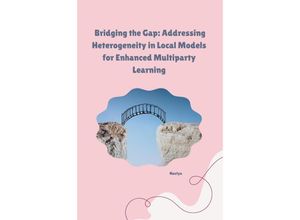in the system. Note that all these works rely on a trusted central server to coor-dinate the
distributed learning process which obviously becomes a single point of failure and can be
subject to attacks. Only a couple of works like31 attempt to design decentralized multiparty
learning systems. Note that only linear models are considered in31. To the best of our
knowledge secure decentralized multiparty learning with heterogeneous models remains an open
and challenging problem.In this section we propose a novel secure decentralized multiparty
learning sys-tem by taking advantage of the blockchain technology called BEMA. In particular
each party in a decentralized system broadcasts its local model and meanwhile processes the
received (heard) models from other parties over his local dataset and identifies the models
that need to be calibrated. Following our designed pro-tocol the party sends the calibration
message to the corresponding parties. In so doing the parties in the system do not need to
share their whole dataset with other parties. In this system we consider two types of
Byzantine attacks in the system which can occur in model broadcasting and model calibration
processes. To pro-tect system security we carefully design o -chain sample mining and on-chain

